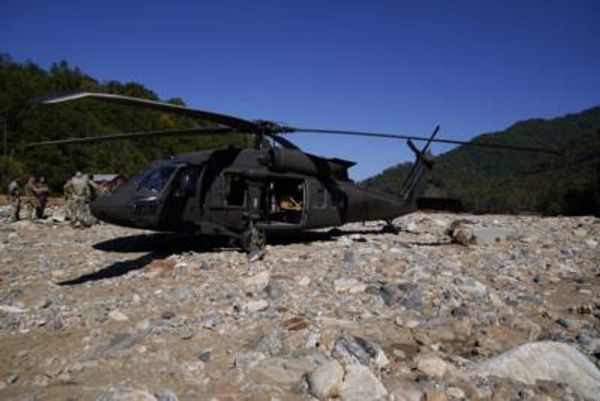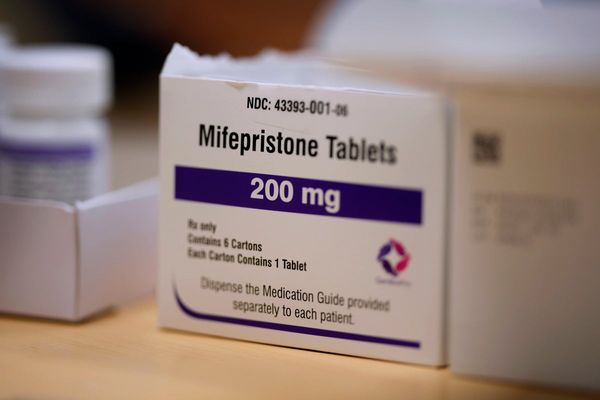In a significant development that may lead to early detection of breast cancer, the Indira Gandhi Centre for Atomic Research (IGCAR) at Kalpakkam has come up with a thermal-imaging technology.
B. Venkatraman, director, Safety, Quality & Resource Management Group, IGCAR, said usually mammography would be done to detect breast cancer; ideally, it should be done only on women aged over 40. But it was done now for anyone who had to be tested.
“This thermal-imaging technology is a low-cost and non-invasive method based on non-ionizing radiation. Using this, cancer cells can be found at a very early stage itself, thereby making the treatment much easier and keeping the mortality rate much lesser,” he said.
MoU signed
A memorandum of understanding (MoU) was signed between IGCAR and Sri Ramachandra Institute of Higher Education and Research (SRIHER) for the transfer of technology as part of the inauguration of the IGCAR incubation centre on the occasion of the 111th birth anniversary of Dr. Homi Jehangir Bhabha, father of the Indian atomic energy programme, on Friday.
Another important MoU was signed between IGCAR and the Indian Council of Agricultural Research (ICAR)–KrishiVigyan Kendra, Perambalur, for extending the shelf life of agricultural products through the application of ionising radiation. “The incubation centre will make all efforts to closely interact with farmers in the neighbourhood areas to increase the awareness of this technology and further accelerate efforts so that the benefits of the technology fully reach them,” according to a release.
MoUs for a few other technologies were also signed. Among them were an autonomous gamma dose logger for measuring environmental radiation, which is low-cost and can be used in border areas to track the movement of radioactive materials, and a portable air volume sampler for collection of suspended particulate matter to monitor the levels of pollution.
Replying to a question, IGCAR director Arun Kumar Bhaduri said the fast breeder reactor at Kalpakkam was in the final stage of commissioning, but he did not comment further.







